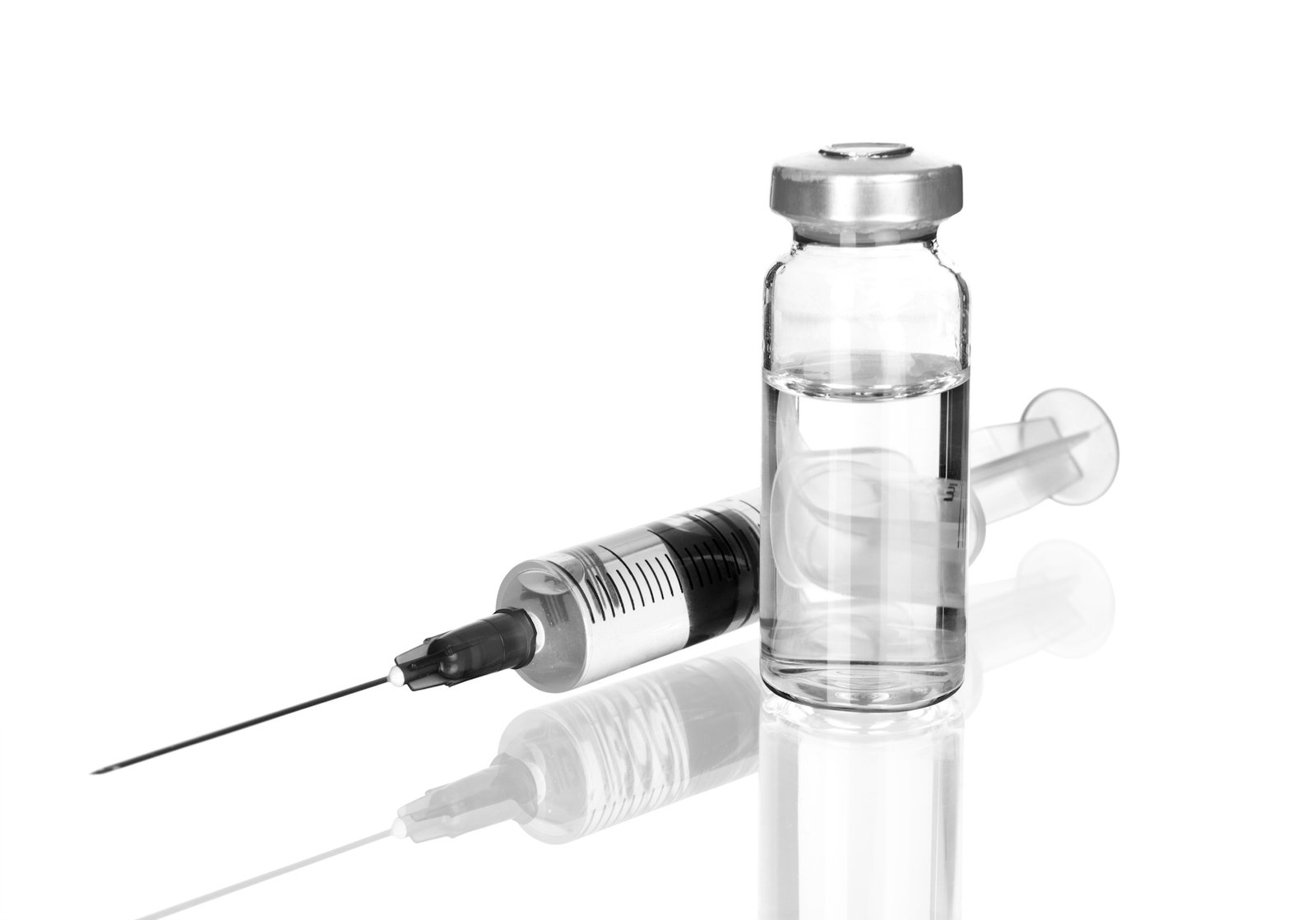"Over 50 countries have already expressed interest in obtaining Sputnik V"
November 23, 2020 | Monday | Views
BioSpectrum interacted with Denis Logunov, Deputy Research Director, Gamaleya Institute to find out more about this novel vaccine candidate and its ability to counter COVID-19
Image credit- shutterstock.com
Spunik V vaccine, which is being regarded as the first COVID-19 vaccine to be registered, is expected to be priced much lower than announced prices of Pfizer and Moderna vaccines.
At present, Hyderabad based firm Dr Reddy's is conducting an adaptive phase 2/3 human clinical trial for Sputnik V vaccine in India. Earlier in September 2020, Dr. Reddy’s and Russian Direct Investment Fund (RDIF) entered into a partnership to conduct clinical trials of Sputnik V vaccine and its distribution in India. As part of the partnership, RDIF shall supply 100 million doses of the vaccine to Dr. Reddy’s upon regulatory approval in India.
Developed by the Gamaleya National Research Institute of Epidemiology and Microbiology in Russia, the vaccine has set the expectations high for many countries across the globe.
BioSpectrum interacted with Denis Logunov, Deputy Research Director, Gamaleya Institute to find out more about this novel vaccine candidate and its ability to counter COVID-19.
Edited excerpts-
What are the unique aspects of this vaccine?
Sputnik V is the only late-stage adenovirus-based COVID-19 vaccine candidate to use two different vectors for different injections, human adenovirus types Ad5 and Ad26. In vaccines that use the same vector in both injections, the immune system may launch defense mechanisms against the second one making the vaccine less effective.
Other companies, including those with vaccine candidates close to the completion of clinical trials, are using human adenoviral vector-based platforms for their investigational COVID-19 vaccines, validating the development approach, but only using one vector.
Additional COVID-19 vaccine candidates in late-stage development use other vaccine platforms, such as mRNA or chimpanzee adenoviral vectors. However, unlike human adenoviral vectors, which have been successfully used in currently approved vaccines, these newer platforms have not yet been proven effective or safe for long-term use. No vaccines based on mRNA or chimpanzee adenoviral vectors have been officially approved for human use.
How much time was taken to develop this vaccine? How many people were there in the research team?
Sputnik V was able to be developed quickly primarily due to existing work using the two-vector human adenovirus-based platform, specifically in an Ebola virus vaccine used to combat the Ebola fever epidemic in Africa in 2017, and in ongoing development of a vaccine for Middle East respiratory syndrome-related coronavirus (MERS-CoV). The process of modifying the existing platform (incorporating the genetic material of the ‘spike protein’ of SARS-CoV-2 into the vectors) did not require an extensive timeframe. There are more than 200 people in the vaccine research team.
What is the global attitude towards the development of this vaccine?
According to our partners at the Russian Direct Investment Fund (RDIF), over 50 countries have already expressed interest in obtaining Sputnik V. As early as December 2020, following local regulatory approvals, the first doses of Sputnik V are expected to be supplied to India, Brazil, Mexico and other countries, RDIF states.
What is the progress on the clinical trials of the vaccine? How many patients are being enrolled in the phase 3 trial?
The current Sputnik V Phase III trials involve over 40,000 volunteers. The study’s large participant numbers compare well with other planned COVID-19 vaccine Phase III trials. Beyond Russia, Phase III clinical studies in various countries including Brazil, Venezuela, India, United Arab Emirates and Belarus are underway or currently being organised.
In the first interim analysis of Phase III trial results, announced on November 11, Sputnik V was found to be 92% effective after the second dose. The vaccine’s efficacy will continue to increase 28-42 days after the first dose (7-21 days after the second dose). No serious vaccine-related side effects were identified as part of the interim Phase III analysis.
Further investigation is being undertaken to validate the Phase I-II and interim Phase III results in the ongoing Phase III trial programme. The positive interim Phase III results give reasons to expect a successful outcome of Sputnik V clinical trials.
When will the vaccine be launched?
When Sputnik V is available is dependent on each country’s specific regulatory procedures, it will become available only as governments approve it for use based on their assessment of its efficacy and safety.
How would the availability of the vaccine be ensured throughout India specifically?
In September, a partnership with Dr. Reddy’s was formed by RDIF to conduct clinical trials of Sputnik V in India and to work together on its ultimate local distribution.
Are you working on any other vaccine candidate for COVID-19?
Our primary focus remains on the development of Sputnik V
What other projects are being carried out at the institute with ready-for-market ideas/products?
We have several ongoing projects in vaccines against MERS, Filoviruses and influenza.









